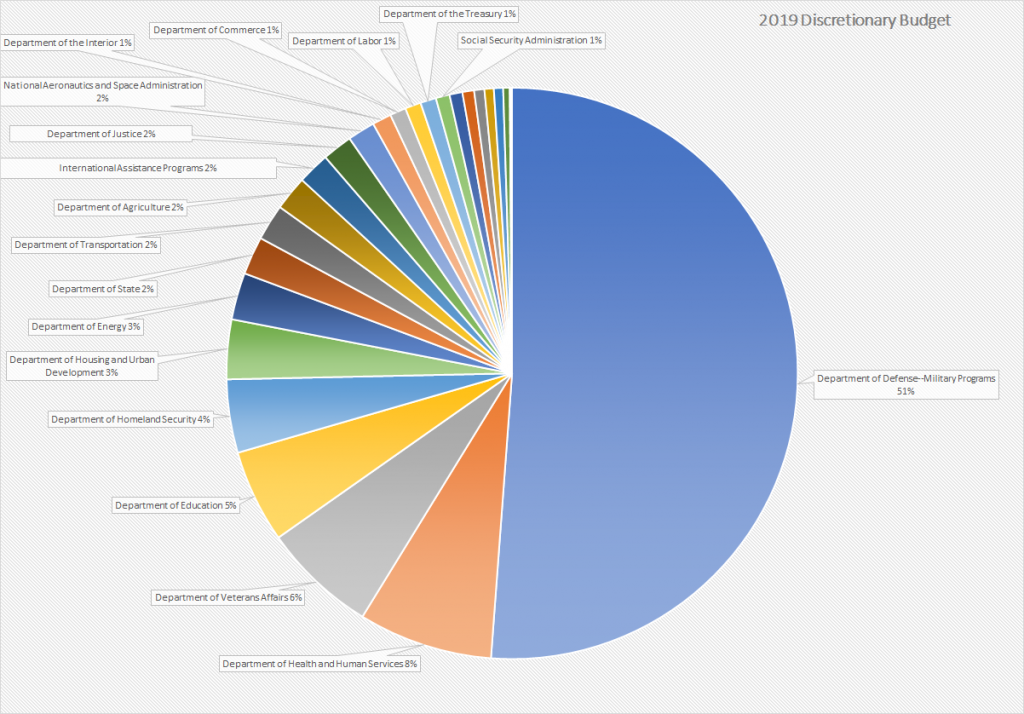I’ve had a few reminders recently that civic engagement is more than focus on national politics. Bonus: local Trustees, School Board members … even state Reps and Senators … hear from far fewer people (e.g. I get personal responses from these folks and a form “thanks for your opinion” messages back from my federal officials).
Ohioans can find their state Rep and Senator at https://www.legislature.ohio.gov/legislators/district-maps
***********************************
I am writing to express my vehement objection to GA133 HB-164
I appreciate the desire to allow students to express religious beliefs in their school-work. Allowing a student to select the Torah for their book report is one thing, but this legislation seems to have the unintended consequence of allowing religious-based beliefs to inform “correct” answers. While it is factual to say “scientists believe X, and some people do not concur due to religious beliefs”, and it is useful to teach our children this truth, how can a science class be taught when scientific answers are discounted? And what constitutes a valid religious belief? Something like 18 USC § 1093 is so vague that we’ll find a new “religion” that strongly believes that division by zero equals five. Or that vowels are an abomination which must be struck from the language.
Even restricting “religious expression” to religions with a large, arbitrary number members creates issues. The proposed legislation will put schools in the difficult position of either telling students their purported religious beliefs do not “count” or allowing offensive and subversive content to be expressed. Where I attended school, some individuals ran for school board on the platform of pushing religious issues — primarily allowing high school students to read a prayer as part of the morning announcements. These individuals assumed this meant we would all hear a Christian prayer each morning. While I was certain there were some high school students eager to read the expected content, I was equally certain there would be some high school students eager to read a Druid/Buddhist/Scientologist prayer in the morning. At which point the school administration either needed to prohibit those students from reading unwanted content (and the risk of litigation such a prohibition entailed), telling kids that they’re not actually Raelian and thus need to wear a shirt to school (and how exactly do you prove or disprove one’s affiliation with a religion?!), or allowing the expression of religious beliefs by anyone who wanted to purport a religious belief. I was quite confident that the Board members who were pushing to allow a morning prayer would be horrified to have their kids listening to Satanic invocations. Were there enough students ready to read a ‘mainstream’ prayer that the school could just claim the time was all booked up? This legislation seems to suffer the same problem — except without the possibility that all of the “religious expression slots” will be taken by the “right” type of expression. The new Board members withdrew their proposal after I questioned how it would actually work, and I hope you will vote against this bill should it come to the floor.

